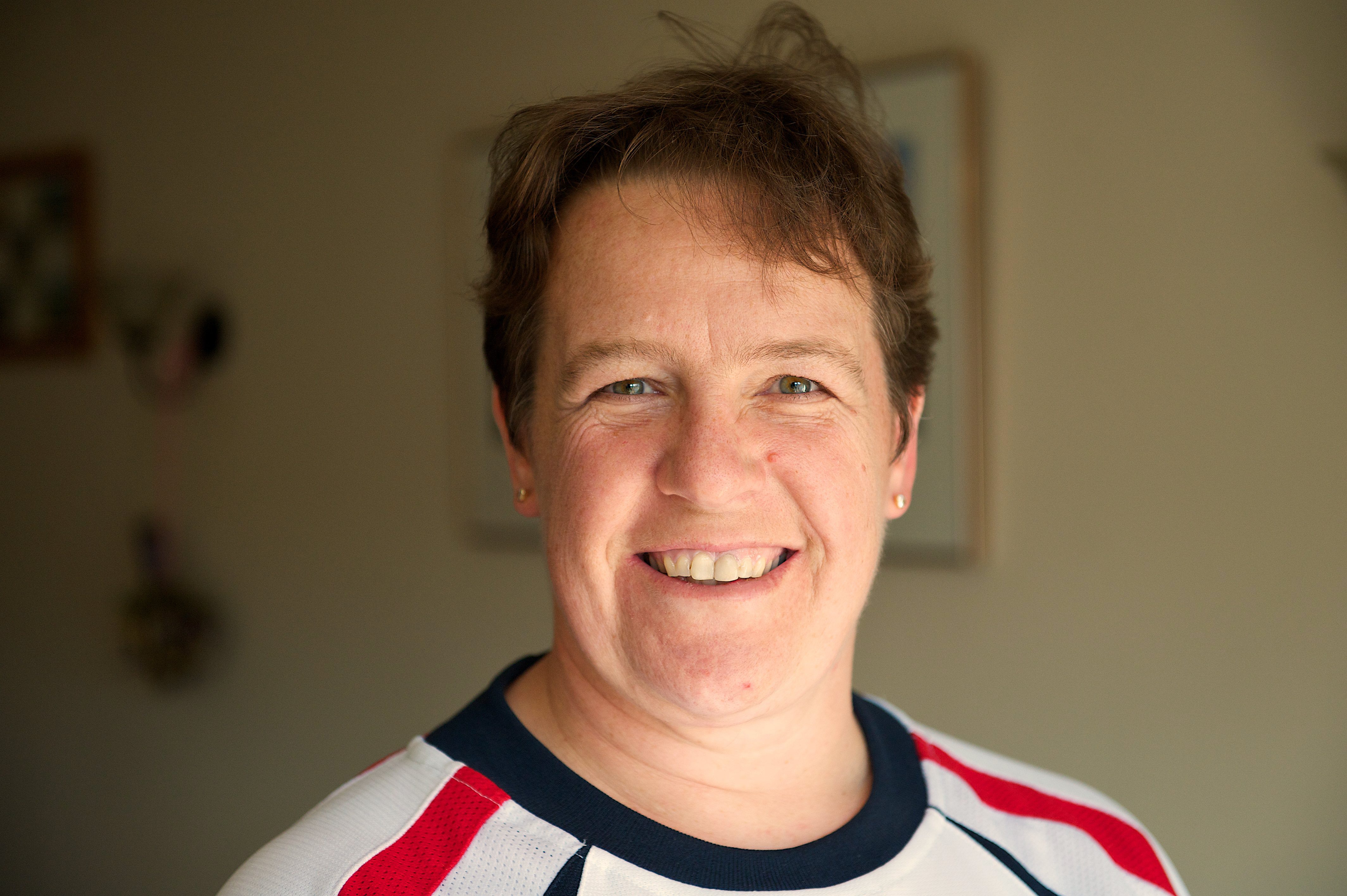

Perhaps Jersey was still not taking the Island Games with the seriousness it deserved?
Perhaps it was the disparate organisation of the different sports in Jersey at the time?
Perhaps it was the epic saga of journeying to the Danish-ruled islands isolated somewhere in the middle of the North Atlantic and having to overcome fossegrim, lyngbakr and kraken along the way?
The third Island Games, and the first to be held on a non-English speaking island, remains Jersey's worst in terms of medal haul.
The Caesareans came home from the Faroe Islands with only five golds, eight silvers and seven bronzes in 1989 and finished a lowly eighth out of 15 in the medal table.
But there is context to everything. After all, they entered athletes only in badminton, gymnastics, shooting and swimming.
The hosts, however, fully embraced the occasion and their guests. A crowd of 5,000 people turned up to Gundadalur Stadium in the capital, Torshavn, and created "a tremendous atmosphere... where local school children staged a pageant in ideal, but rather cool conditions".
The total number of competing islands dropped back to 15. There was no Malta, no Alderney or Sark, unsurprisingly, and no Saint Helena, who probably would have needed a year to get from one back-of-beyond to another.
Greenland, the world's largest island and then some, albeit mostly inhabitable, joined the fun for the first time, no doubt encouraged by contrastingly favourable logistics and shared Danish overlords.
From the 15 islands came 800 competitors across 11 sports. Football made it back, but now in full-size adult form (after a junior five-a-side version in 1985), while gymnastics and judo made their Games debuts. Bowls was dropped.
Needless to say, accommodation was one of the biggest problems facing the organisers and they overcame that by using schools, sports halls and other buildings as hotels, while in the village of Toftir the participants were lodged in private homes, giving them a slice of the Faroese way of life.
Three of Jersey's gold medals came in the pool; all of them from the formidable Alison Christie. She had now won golds in each of the three Island Games – defending her 50m and 100m freestyle titles alongside top spot as part of the 4x50m medley relay team. Christie also won silvers in the 50m and 100m breaststroke.

Pictured: Alison Christie-Upton, pictured here in 2012, participated in five Island Games as a swimmer and also represented Jersey in swimming at the 1986 Commonwealth Games. She later became the first Jersey-born person to play international rugby, representing Scotland from 1994 to 2004 and earning 61 caps.
The other two golds came in the badminton hall. Steve Watson and Jean Lawson continued their dominance in the mixed doubles to win for a third successive Games, beating Iceland pair Armann Thorvaldsson and Thordis Edwald (who would, in the years to follow, become husband and wife) in the final 12-15, 15-12, 15-9.
Lawson picked up a second gold in the ladies doubles, partnering Sally Adams to beat Isle of Wight sisters Sharon and Nichola Hutchings 15-10, 15-13 in the final.
With Alexis McFarland becoming a double silver medallist in gymnastics (Alison Youd would win bronze), only in the shooting did Jersey not win a medal out of the four sports they competed in.
The hosts would go to win the football tournament on their plastic pitch, having won all four of their games, scoring 20 and conceding just one.
The tournament was notable for the players wearing AstroTurf trainers and tracksuit bottoms.
A year later, the Faroes, featuring more or less the same players, would shock the world of football by beating Austria 1-0 in their first ever fully-competitive international in the Euro 92 qualifiers – the game being played in Sweden because there were no international standard grass-pitched stadia on the islands at the time.
Meanwhile, the 'Friendly Games' became the romantic Games when Gibraltarian 5,000m runner Fabian Franco met Faroese gymnast Randi and fell in love. Two months later he would move to the Faroes before they both relocated to Gibraltar, where they married and started a family. 30 years later, their son, Jessy Franco, would win 200m gold at his home Games on the Rock.
Pictured top: A crowd of 5,000 people turned up to Gundadalur Stadium in the capital, Torshavn, and created "a tremendous atmosphere" for the 1989 Island Games in the Faroe Islands.
Comments
Comments on this story express the views of the commentator only, not Bailiwick Publishing. We are unable to guarantee the accuracy of any of those comments.